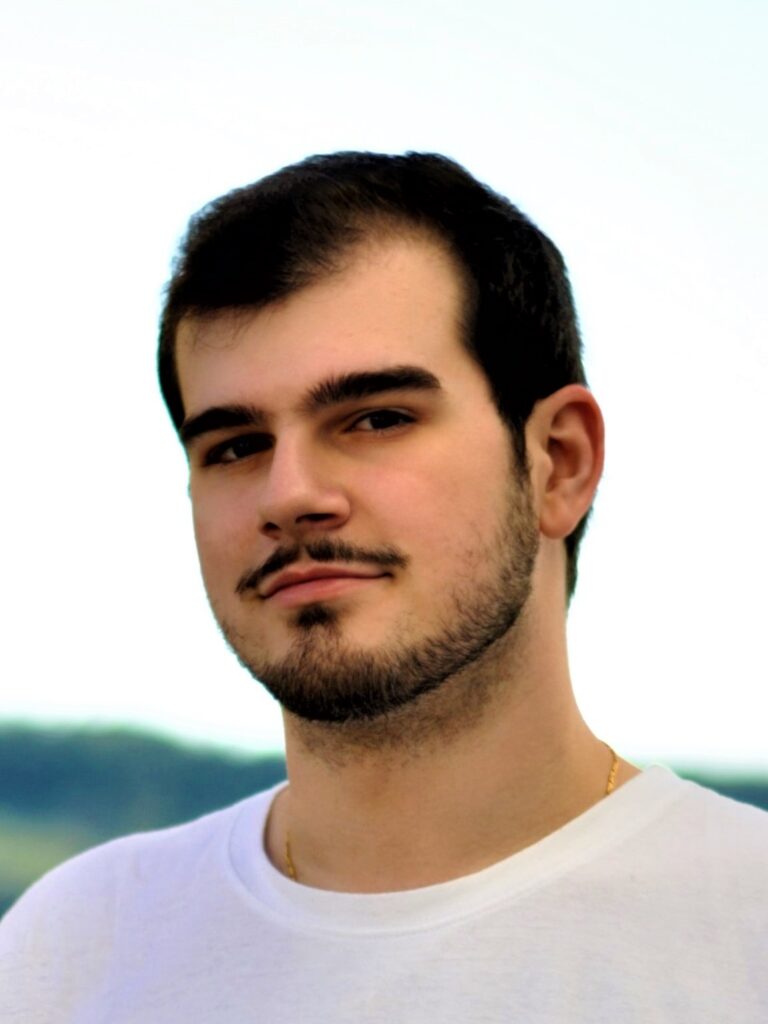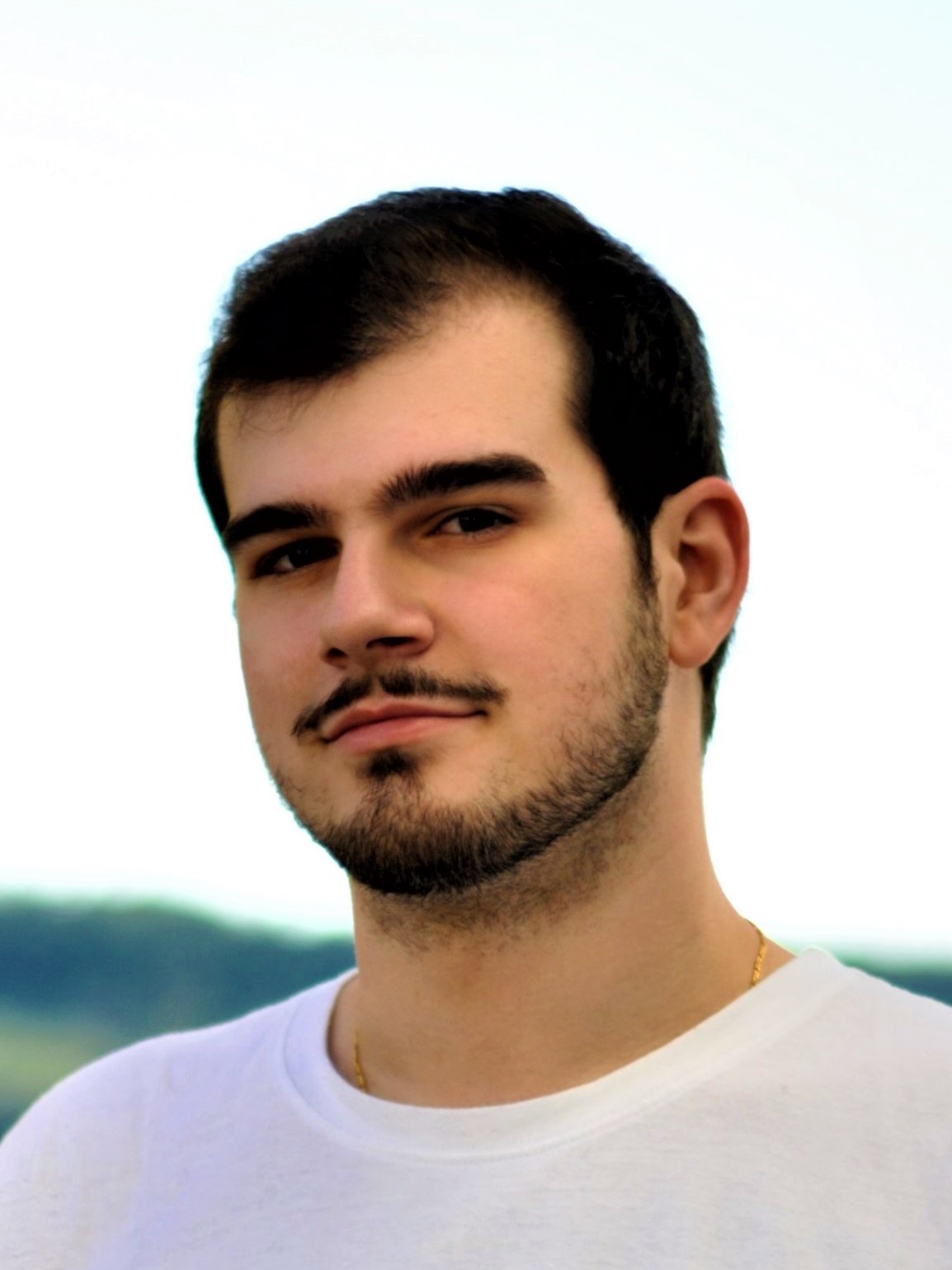
Daniel Sequeira Granja
University of Geneva
Master of Psychology:
Fundamental Research with cognitive and affective research as main areas
What made you choose this particular option?
I was always interested in life sciences, and I even did a year of medicine before starting psychology. During my bachelor’s in psychology, at the University of Geneva, I tried to have a very interdisciplinary approach. When I started thinking about what master’s degree I wanted to pursue, I knew I was interested in research, and so I hesitated between a degree in neurosciences, and one oriented towards basic research in psychology.
The neuroscience degree is very hands on, with a majority of the credits coming from research work and internships. However, I find it a bit lacking in the theoretical department. The psychology degree on the other hand had lot’s of interesting classes, but there was less room for research. I couldn’t choose, so I ended up signing up for both programs.
How do you feel about your choice today?
The master’s in neuroscience is an interdisciplinary program, open to people with a background in biology, psychology, medicine, and other related fields. That being said, having a bachelor’s in psychology, I find that a lot of the theory classes are a bit redundant.
The research side is very engaging. Laboratory internships is a central part of the program. If the team you join doesn’t have a good structure ready to welcome you, you’re in for a rough start. A lot of knowledge is learned informally, so how it plays out varies a lot from person to person, and from lab to lab.
As said before, there isn’t that many opportunities to choose classes based on your own areas of interest. Personally, I’m very happy I chose to enrol in a psychology master’s degree as well. Without the classes from this program, there is a lot of knowledge that I wouldn’t have had going before starting my career. That could have turned into a weakness later on. At the end of the line, I think my neuroscience program is a very flexible. However, with this comes the personal responsibility to fill any potential gaps.
What are some future career options that you consider?
I definitely want to go into the world of research and pursue an academic career. I know some people use their neuroscience background to find jobs in applied research, working in the industry.
Personally, I’m interested in sexual neuroscience, with a fundamental research approach on humans. But this is a very little-known field, and consequently with very little funding. Maybe I’ll start by making some compromises and work in the field of affective sciences at the beginning of my career. It’s just as exciting and is a highly developed field here in Geneva.
Thank you for your time Daniel! If you want to learn more about what possibilities are out there, check out are interviews with Sandro, who’s studying personality and social psychology at the University of Bern, and Vanessa, who’s pursuing a degree in Business psychology at the University of Applied Sciences Northwestern Switzerland.
Next time, we’ll be back at in the Mittelland, or plateau suisse if you prefer, to speak with Niels Kempkens, who’s about to wrap up a degree in clinical and health psychology at the University of Fribourg.

